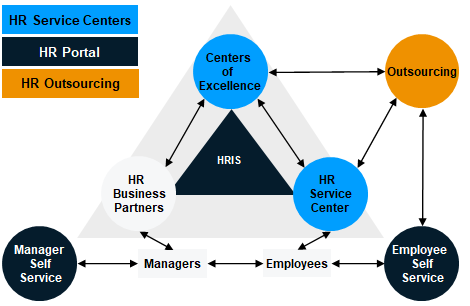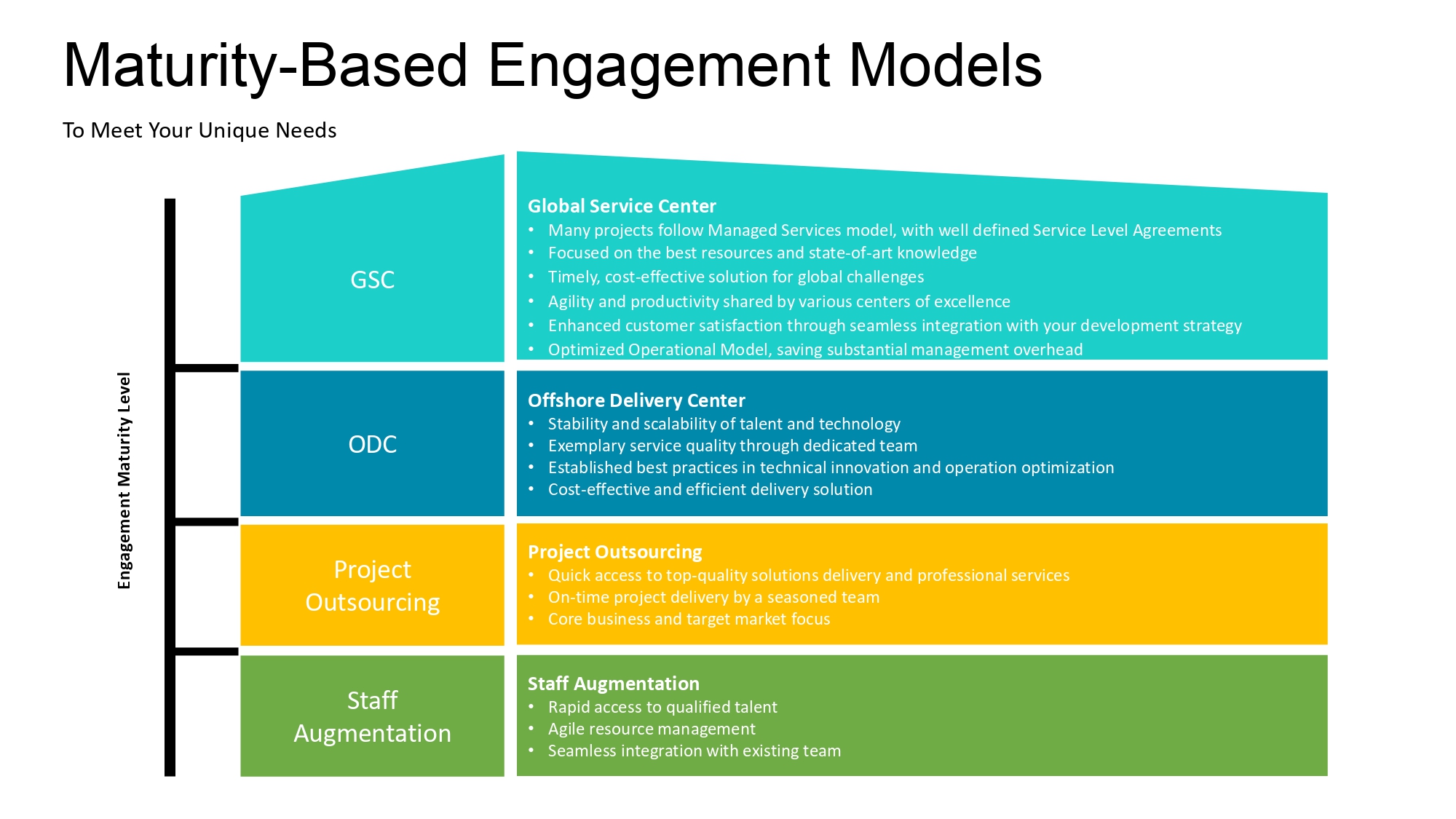
29sixservices
اضافة الى المراجعة تابعملخص
-
تاريخ التأسيس 7 مايو، 1983
-
المجالات الوظيفية وظائف القطاع العسكري
-
الوظائف المنشورة 0
-
شاهد 56
وصف الشركة
What is Payroll Outsourcing?
What is payroll outsourcing?
Payroll outsourcing is employing a third-party supplier to manage payroll-related tasks, including determining and verifying incomes and incomes, subtracting and depositing funds for tax withholdings, guaranteeing pre- and post-tax advantage reductions are processed, printing incomes, setting up direct deposits, and preparing payroll reports and journals for general ledger entries.
An outsourced payroll company will need access to your service bank account and worker time tracking system. This needs trust in between the business contracting the payroll service and the service itself. A lawfully binding service contract detailing the payroll outsourcing business’s terms, conditions, and expectations strengthens that trust.
Companies that employ a payroll outsourcing provider may likewise desire to contract out PEO or HR services. Look for a “full-service payroll supplier” to handle that. Their services typically include managing worker advantages, tax filing, and personnel functions like onboarding and assessing health insurance service providers. Pricing will be based on the variety of employees.
Why should a business outsource payroll?
There are numerous reasons why an organization should think about contracting out payroll. Two of them are tax compliance and accurate tax reporting. A payroll specialist is trained in both functions. A third-party supplier will have a payroll team of specialists dealing with your account. They’ll manage the payroll obligations, tax withholdings, and worker advantages.
Outsourcing saves time
Payroll processing is time-consuming. Payroll administrators track and implement advantage reductions, wage garnishments, paid time off, unpaid time off, taxes, and payroll errors. They likewise need to be familiar with information security problems that could occur during the onboarding when they collect employee information. A payroll business can manage all that for you.
Outsourcing can minimize costs
The time employees invest processing payroll in-house and the income of the payroll supervisor are expenses. A small service can invest a substantial part of its earnings on those expenses. It’s typically more affordable to employ a payroll processing service. Prices for some payroll services are as low as $40 monthly to handle standard payroll functions.
Outsourcing guarantees tax accuracy
Small businesses can not manage mistakes in payroll taxes. The penalties and fees evaluated by state and IRS tax auditors can be significant. A recognized payroll service supplier will ensure that the correct amount of taxes will be kept and transferred on time. They assume the responsibility and liability for that, providing your business comfort.
Outsourcing offers data security
Payroll business employ sophisticated security steps to safeguard employee details. That consists of maintaining privacy on concerns like wage garnishment, payroll mistakes, and corporate tax filing. Companies with a self-service payroll system or on-site advantages supervisor do not normally carry out the exact same security procedures.
Outsourcing gets rid of software application issues
The expenses of installing, keeping, and repairing payroll software application collect rapidly when you have a large workforce. Hiring the ideal payroll business eliminates that issue. They have their own software, and it’s included in what you pay them. That can simplify accounting processes like cost management and simplify your cash flow.
Outsourcing includes a payroll support team
Companies that do payroll separately generally have a single person reacting to support concerns. Outsourcing brings in an assistance team that can deal with concerns about direct deposit, advantage deductions, tax liability, and more. This also falls under “expense saving” because someone who would otherwise be dealing with service problems can be redeployed in other places.
What is payroll co-sourcing?
Another alternative for small companies that require assistance is payroll co-sourcing. This is a in which payroll tasks are divided in between the organization and the third-party payroll service provider. For instance, the payroll company manages tasks like data entry, tax estimations, and releasing paychecks or direct deposits. The main business keeps control over the movement of payroll funds and making tax withholding deposits.
Special considerations for global payroll outsourcing
Most little organization owners in the United States do not require to handle global payrolls. If you broaden your services or employ specific workers outside the nation, that could change. International payroll services consist of multi-currency capability, compliance for the nations you’re doing company in, and international tax rates and tables.
The payroll requirements of workers in other nations vary from those in the United States. For example, 35 hours is considered a full-time work in France. Your company would require to pay overtime for anything over that. You do not require to pay social security tax. You may, nevertheless, require to pay US corporate earnings tax.
Benefits administration for a worldwide payroll is different also. HR teams with business doing in-house payroll will be responsible for checking medical insurance requirements and optimal retirement contribution guidelines in the countries where you have staff members. Business requires to do that every pay period if you’re actively recruiting. That’s a lot to monitor.
How payroll outsourcing works
Outsourcing includes moving payroll data. Automation simplifies that, so you’ll wish to discover a payroll service with good innovation. Best practices suggest opening a different business checking account particularly for payroll. Many companies set up sub-accounts of their main checking account to streamline the transfer of funds to cover payroll checks and direct deposits.
Planning to contract out payroll
The next step is to decide what degree of outsourcing is proper. Turning “all things payroll” over to a third-party provider might not be the most cost-efficient service. Some businesses select to co-source payroll, keeping some of the payroll jobs internal. That offers the organization control over the procedure without taking on a heavy workload.
Picking a payroll contracting out partner
A lot goes into choosing the right payroll outsourcing partner. Working with somebody you trust is very important, so discover a payroll business with an excellent reputation. If you’re co-sourcing, you’ll need a partner going to share the workload. Using payroll software application is also an option. Many payroll software service providers have live support groups.
Setting up and running payroll
Decide how frequently you want to run payroll. Some companies do it weekly, while others choose biweekly or monthly. Once you pick a payroll cycle, run a sample talk to a pay stub to make sure the system works effectively. Your outsourced payroll company will likely do that anyway. If not, request it so you can see how the procedure works.
Facilitating worker self-service
Outsourced payroll companies usually use online portals where workers can view their take-home income, benefits, and tax reductions. Directing them there rather than to a live assistance center is a great method to reduce corporate costs. It may take some time for employees to embrace this method. Stay constant with your messaging up until it takes hold.
Payroll tax and compliance issues
Employers are ultimately accountable for paying payroll taxes, even if they contract out payroll to a third-party provider. The payroll business can enhance your operations to make them more affordable, and it can handle the obligation of tax withholdings and deposits. However, any IRS charges for mistakes will be levied against the primary service.
IRS correspondence is always sent to the primary service, not the third-party company. They do not send a copy to your payroll company. You can alter your address to the payroll company, but the IRS does not advise that. If mail is mishandled or responsible celebrations are not in the office, your firm might be on the hook for their mismanagement.
Federal tax deposits must be made by means of electronic funds transfer (EFT) to comply with IRS guidelines on payroll. The IRS has a system called the Electronic Federal Tax Payment System (EFTPS) to assist in that. Businesses are designated an employer identification number (EIN) that requires to be offered to the payroll company if you’re going to contract out.
Please consult with a tax expert to offer further assistance.
Best practices for contracting out payroll
Relinquishing control over your payroll is a huge offer. Following these best practices will assist make the look for a service provider and the shift smoother. It’s also suggested that you don’t do this alone. Form a group at your business to examine payroll outsourcing, then take a minute to evaluate these and the “Frequently Asked Questions” area below.
Choose a reliable payroll company
Reputation should be vital in your look for a third-party payroll company. This is not a service you wish to go shopping by price. Look for online reviews. Ask other entrepreneur who they are utilizing. You can likewise consult with your bank or examine the Integrations Page on our website. Rho links to accounting, ERP, and human resources business with payroll partners.
Check out guidelines and tax obligations before contracting out
Your business is eventually responsible for staff member tax withholdings and payroll tax deposits to regional, state, and federal income departments. You can contract out those duties, however you’ll pay the rate for any errors. Research this and other policies that impact how you pay your workers. Ensure you comprehend what your tax responsibilities are.
Get stakeholder buy-in
Your workers are your stakeholders. Consulting them about transferring to an outside payroll business will make the transition much easier for you and your management team. Many companies start the outsourcing process by conversing with their employees about what they desire from a payroll company. This can likewise assist you construct an advantage bundle.
Review software options
One option to outsourcing is utilizing payroll software that automates much of the payroll processing. While this may not completely free you from dealing with payroll issues, it could simplify preparing and releasing paychecks and direct deposits. Review software alternatives before selecting an outside company to handle payroll and advantages.
Build redundancies for accuracy
Running a payroll in parallel with the payroll being run by an outsourced provider develops a redundancy to ensure precision. Think of it as a check and balance system that secures you if the payroll business decreases for any reason. When things run smoothly, you won’t need to process checks. When they do not, you’ll have the capability to do so.
Payroll contracting out FAQs
How does payroll outsourcing work?
Payroll outsourcing is transferring payroll jobs and duties to a third-party payroll company. Depending on the agreement in between the main organization and the payroll company, the service provider can be responsible for all or simply some of the payroll jobs. Examples of payroll tasks are confirming earnings, deducting and depositing payroll taxes, and printing paychecks.
Is payroll outsourcing a good concept?
Companies that outsource payroll can minimize the costs of handling and delivering employee payment. Some outsourced payroll business likewise provide human resources, which can improve company operations. Those are both excellent concepts, however contracting out will come down to your service needs. It’s a good concept if it improves your bottom line.
Who are some typical payroll contracting out partners?
Gusto, Paychex, and ADP are three of the most well-known payroll companies. QuickBooks, a popular accounting platform for little services, likewise has a payroll service. If you operate worldwide and need numerous currencies and worldwide compliance, check out Rippling Global Payroll. For human resources, take a free demo of BambooHR.
Can I do payroll myself?
Yes, you can do payroll yourself. However, if you wish to do it precisely, you’ll require the ideal payroll software application. Doing it without software application leaves too much room for error.
When does it make good sense for a company to begin payroll outsourcing?
Companies can outsource their payroll at any time. It’s usually a great idea to begin pricing payroll services when you get near to 10 staff members. Evaluate the cost and the time it requires to process payroll every week. You’ll know when it’s time to make a relocation.
Conclusion: Simplify payroll with Rho and Gusto
Outsourcing payroll to another company can be a great relocation for lots of services. But it is very important to thoroughly investigate the outsourcing process, comprehend your tax obligations, and completely veterinarian any business you’re considering as a third-party payroll processor.
Once you do select one, Rho has direct combinations with one of the most popular options on the market today: Gusto. Through this direct combination, groups on Gusto can ready up rapidly with Rho and begin running payroll more efficiently. With Gusto, groups can look forward to not just enhanced payroll processes, but HR, too. By eliminating the friction from these critical work streams, teams can focus on other aspects of their service, all while staying a certified, effective, and trustworthy.
Discover more about Rho’s combinations today.
Any third-party links/references are offered informative purposes just. The third-party sites and content are not backed or controlled by Rho.
Rho is a fintech business, not a bank. Checking and card services supplied by Webster Bank, N.A., member FDIC; cost savings account services offered by American Deposit Management Co. and its partner banks.
Note: This material is for informative functions just. It doesn’t always show the views of Rho and ought to not be interpreted as legal, tax, benefits, monetary, accounting, or other guidance. If you require particular guidance for your organization, please speak with a professional, as guidelines and policies alter frequently.








